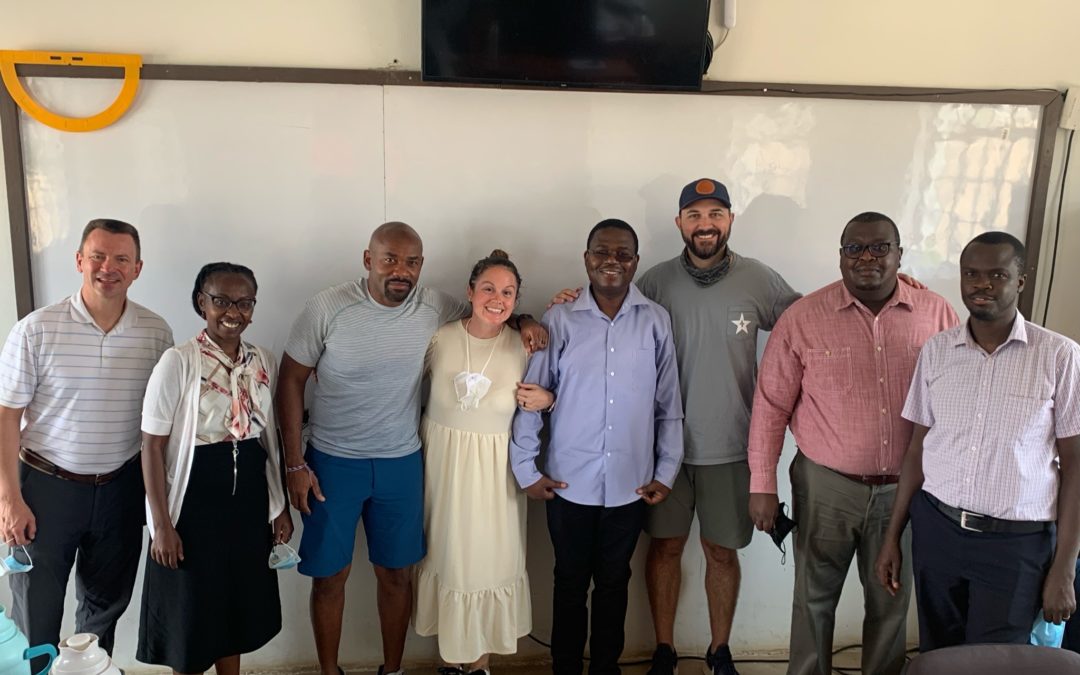If you’re reading this and you have been on a short term mission trip, it may be a big part of your story. Your experience, or experiences, may even be a turning point in your life…an incredibly important part of who you are.
It was for all of us that work here at Canopy Life. That’s how we all got here in some way or another.
Over the last 10 or so years, many people, organizations, and researchers have taken a magnifying glass to short term trips. Their task has been to find out if they actually do any intended good OR if they do more “hurting” than “helping”. Books like, Helping Without Hurting, and Toxic Charity have been great resources. They take a deeper look into how our best intentions as Westerners can have harmful impacts on the countries and communities we seek to help.
A lot of that harm stems from Westerners thinking they know best when it comes to helping other people.
Instead of asking what they really need, we make assumptions. Instead of doing with, we do for. It is a major problem with global short term missions teams. It’s also a problem for some of the work being done by big organizations around the world.
Some of the issues that have been pointed out with sending short term teams are…
- They tend to be expensive trips depending on where in the world you are traveling to, and can’t that money be better used for the people you’re trying to help?
- Short term teams that come in to work on projects for a community, can unknowingly strip people who are capable of doing those projects of their dignity.
- Sometimes, people on short term teams can take on an attitude and posture of a savior to the people they visit.
When Canopy Life was first created we wanted to make sure we were as mindful as possible. Wherever we can, we let our Kenyan teachers and staff lead us through what would be most helpful to the students’ futures. Considering Kenya’s 42% unemployment rate, we try really hard not to do jobs that we can pay Kenyans to do.
So WHY would we send short term teams of Americans to visit our campus in Kenya when there is the potential for unintended harm?
Great question, and we have a reason! We call our trips “RELATIONTRIPS”. They are all about making relationships with our students and staff. Trips are not about working on and finishing a project for them that they could finish on their own. They’re not about stepping in and “solving problems”. It’s not about bringing our used clothes and school items and leaving it with them. Canopy Life trips are about relationships.
We do trips because it expands the worldviews of our donors AND the worldviews of our students.
Our students’ worldview is expanded every time they engage with another culture, person, a new idea, or creative activity. Donors also begin to realize that the help a Canopy Life student needs from us is much different than we think it is.
Our travelers’ best asset is to bring their true selves and to come and give people their time, encouragement, and attention. This not only builds our students’ confidence but it also makes the world a lot smaller. When people realize they have more similarities than differences – even if our physical settings look different from one another, It begins to shift worldviews. It’s true not just for our American travelers, but for our Kenyan students and staff as well.
Our goal as we continue to grow is to never stop learning, growing, and evolving, to make the healthiest and most sustainable impact as possible. Our trips and the experience had on both sides is a key part of that!
